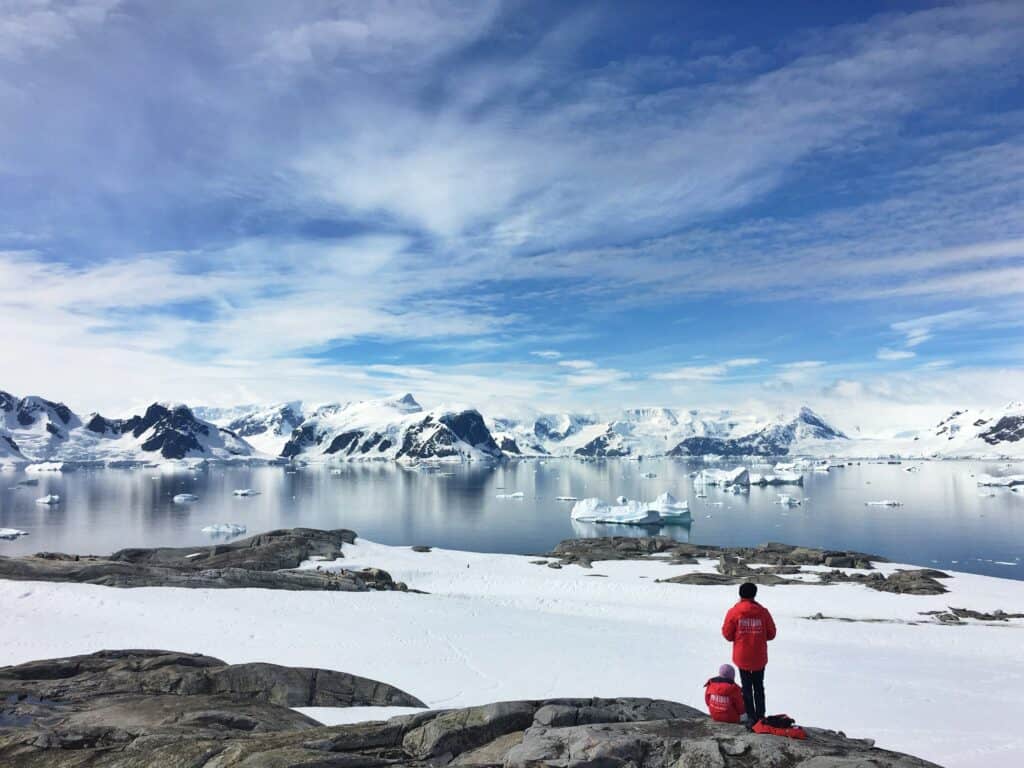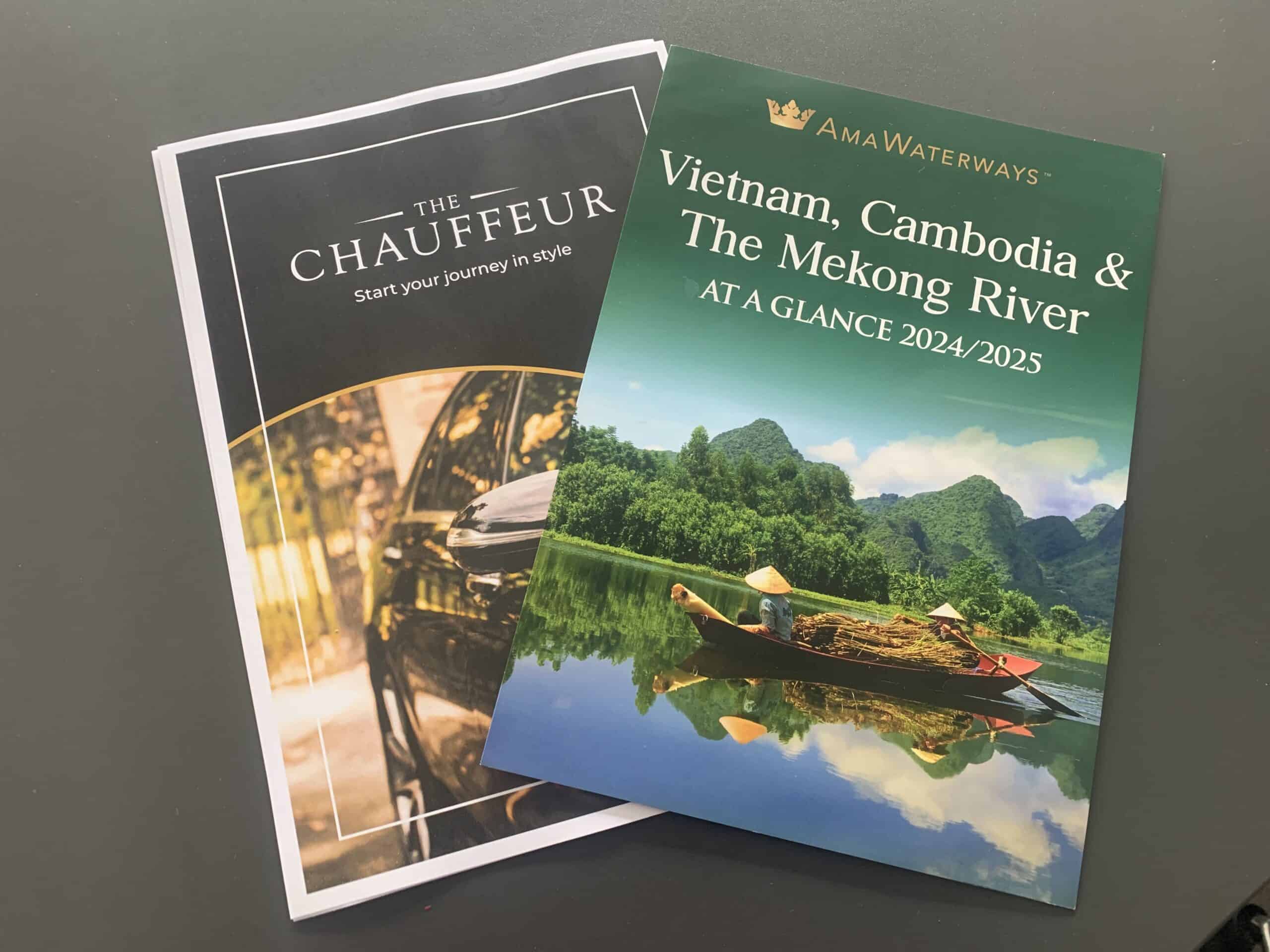
By Global Travel Worldwide
Antarctica is the southernmost continent on Earth, located almost entirely within the Antarctic Circle. It is the fifth largest continent, with an area of 14 million square kilometres, and is the coldest, driest, and windiest continent on the planet. Antarctica is also the highest continent, with an average elevation of 2,500 meters above sea level, and contains about 90% of the world’s ice and 70% of its freshwater.

Antarctica was first sighted in 1820 by a Russian expedition led by Fabian Gottlieb von Bellingshausen and Mikhail Lazarev. Since then, it has been explored and studied by many expeditions from various countries, but it was not until the International Geophysical Year in 1957-1958 that significant scientific research was conducted on the continent. Today, Antarctica is home to numerous research stations operated by many different countries, with the largest station being the Amundsen-Scott South Pole Station, operated by the United States.
Antarctica has a unique ecosystem, with many species of plants and animals adapted to its extreme environment. The most famous of these are the penguins, which are found nowhere else on Earth. There are also many species of seals, whales, and birds that call Antarctica home. The continent’s marine life is also rich, with many species of fish and invertebrates living in its waters. However, due to the harsh conditions, the biodiversity of Antarctica is relatively low compared to other parts of the world.
The climate of Antarctica is characterised by extremely low temperatures, with the coldest temperature ever recorded on Earth (-128.6 degrees Fahrenheit) being recorded at the Soviet Union’s Vostok Station in 1983. The continent is also the driest on Earth, with very little precipitation, and the winds can reach hurricane force, making it difficult to travel or work outside for extended periods.
Antarctica is governed by the Antarctic Treaty System, which was signed in 1959 by 12 countries and now has over 50 signatories. The treaty designates Antarctica as a scientific preserve, prohibits military activity, and promotes cooperation among its signatories for the protection of the continent’s unique ecosystem. In recent years, however, there has been growing concern over the impacts of climate change on Antarctica, particularly the melting of its ice sheets and the effects on global sea levels.
In conclusion, Antarctica is a fascinating and unique continent, with a rich ecosystem, extreme climate, and important role in global climate and environmental systems. Despite the challenges of working and living in such a remote and harsh environment, the scientific research conducted on Antarctica has greatly expanded our knowledge of the planet and helped us better understand the impacts of human activity on the natural world.
For more information on finding the right holiday for you, call us today on 01978 350850
For more information call us today on 01978 350850








